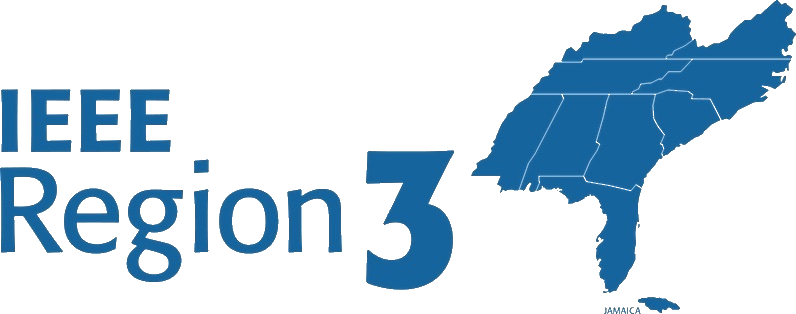Region 3 Climate Change Projects
Interested in Addressing Climate Change?
IEEE Region 3 is offering grants of up to $1000 to Region 3 Sections and their Chapters, Affinity Groups, and Student Branches to work on projects that address Climate Change. This is a topic which involves many complex problems and technical challenges. That makes it an excellent opportunity for us to demonstrate IEEE’s commitment to “Advancing Technology for Humanity.”
What Kinds of Projects can We Do?
Because Climate Change affects different areas in very different ways (see, for example NOAA’s https://statesummaries.ncics.org/), your groups have a wide latitude regarding the details of the project that you do. Any project that can be associated with Climate Change is a potential candidate. Some general categories of projects include, but are not limited to:
- Projects to measure the effects of Climate Change.
- Projects to avoid Climate Change.
- Projects to adapt to Climate Change.
- Projects to remediate Climate Change.
These are just some general examples. Use your members, Chapters, Affinity Groups, Student Branches, and local businesses to create your own project. Just tie it back to the Climate Change in some way.
Since projects funded by Region 3 are meant to encourage collaboration and engagement, your team must include at least three IEEE members of your Section and if possible, should include local Chapters, Affinity Groups, Student Branches and local businesses. If your project involves working with minors, be sure to follow the IEEE rules for working with children. These can be found at https://www.ieee.org/about/volunteers/risk-insurance/ieee-activities-with-children.html.
To help ensure that each Section and its Chapters, Affinity Groups, and Student Branches gets an opportunity to participate before funds are exhausted, each Section initially will be limited to one grant. You are welcome to do multiple projects with that grant. You can also work together with other Sections on a project, but each Section must submit an application to receive funding.
Applying for Funding
Applications for funding should be in the form of a PDF of five pages or less and must include the following information:
- Team Name
- Section Name
- Contact person
- Project description
- Names and IEEE member numbers of at least three IEEE members from your Section who will be working on the project. (You may add others to your team after the project begins.)
- Expected outcome
- Expected costs (Region 3 will cover up to $1000)
- The endorsement of the Section Chair indicating that the Section agrees to be responsible for the financial management of the funds.
Applications should be emailed by the Section Chair to Allen Jones, allen.jones@ieee.org.
Each application will be reviewed by a review board for compliance with these guidelines. They will not be judged to decide whether one Section’s submission is “better” than another’s. If approved, the funds will be transferred to the Section’s NextGen banking account and the Section will then assume responsibility for management of the funds.
Each Section project team is requested to send a monthly status update to allen.jones@ieee.org. This update should include progress on the approved project and how the funds are being spent. A summary of this information will be posted on a Region web site to track and publicize all projects. Submission of pictures is encouraged but must comply with IEEE requirements and restrictions and an IEEE Photo Release.
Deadlines
Applications for an initial round of funding must be submitted by October 15, 2022. If all funding has not been exhausted following that initial deadline, then a second round of funding that removes the one project per Section and $1000 per project constraints will be offered. The deadline for those applications will be December 15, 2022. All funds will be released in 2022 and all projects must be completed by November 30, 2023.
Still have questions or want to discuss your project ideas? Please feel free to contact Allen Jones at allen.jones@ieee.org.

